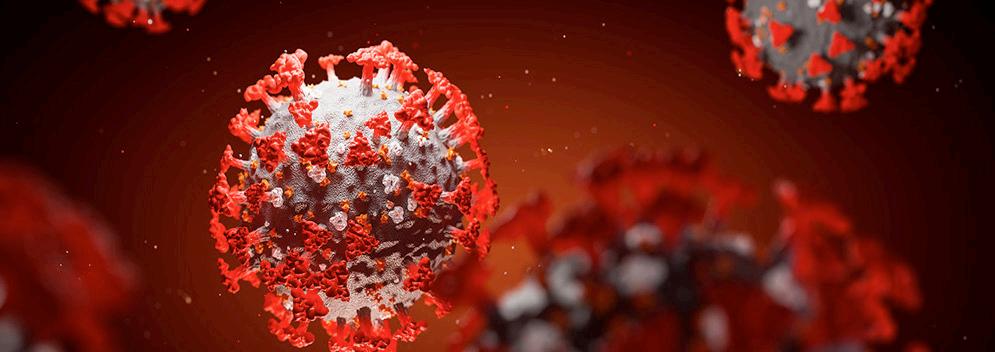UNITED STATES
Judge Blocks California Labeling
Their suit questioned the state of California’s reliance on the declaration made by the IARC, arguing that the label requirements violated their constitutional protections for commercial speech as it related to the First Amendment.
B 16 | agairupdate.com
After a 2017 decision by the California legislature called “Proposition 65,” which listed items declared by the state of California as cancercausing chemicals, a U.S. Federal judge blocked the State of California from requiring a cancer warning. U.S. District Judge William Shubb concluded in his ruling this month that a “great weight of evidence” showed glyphosate herbicide was not, in fact, a known carcinogen. The court was reaffirming an earlier ruling made by the same judge that stated in part that cancer warnings for glyphosate would mislead and be in violation of the First Amendment of the U.S. Constitution. The second ruling was a victory for many, including pesticide manufacturers and other agricultural business interests who mounted a challenge to Proposition 65 listing for glyphosate. California’s Proposition 65, voted on in 2017, was based on information from the International Agency for Research on Cancer (IARC) who, in 2015, made a declaration that glyphosate was a “probable human carcinogen.” Proposition 65 was enacted into law by the California legislature as a law originally in 1986, adding glyphosate as a “probable human carcinogen” in 2017 to the law based on IARC information that was published as a declaration by the organization in 2015. The U.S. district court of the Eastern District of California initially implemented an injunction in February of 2018 after a group of agricultural businesses and associations that included the National Association of Wheat Growers, Monsanto, and CropLife America filed suit against the state in 2017. Their suit questioned the state of California’s reliance on the declaration made by the IARC, arguing that the label requirements violated their constitutional protections for commercial speech as it related to the First Amendment. The 2018 ruling by Judge Shubb issued a preliminary injunction blocking the state from requiring cancer warnings on glyphosate products
until the litigation was resolved in the matter. Judge Shubb noted during his ruling that requiring a cancer notification on labeling would not be factually accurate based on his determination that a “heavy weight of evidence in the record” showed that glyphosate herbicide was not a human carcinogen.
Judge Shubb noted during his ruling that requiring a cancer notification on labeling would not be factually accurate based on his determination. The case was then put on hold until several other cases passed through the 9th Circuit Court of Appeals, with a review in 2019 by the judge stating that nothing had changed his view that the state had yet to prove their case. The judge put the case on hold in September 2018 at the request of California officials, who wanted to wait for the U.S. Court of Appeals for the Ninth Circuit to issue rulings in two cases that were also focused on compelled disclosure requirements. The judge revived the case in August 2019. In his 34-page ruling, Judge Shubb said nothing had changed to warrant him to side with the state. Further stating that “The court cannot condone the states approach here, where it continues to argue that the warning requirements pose no First Amendment concerns and then repeatedly proposes iterations of alternative warnings that the state would never allow under normal circumstances, absent in this lawsuit.”












